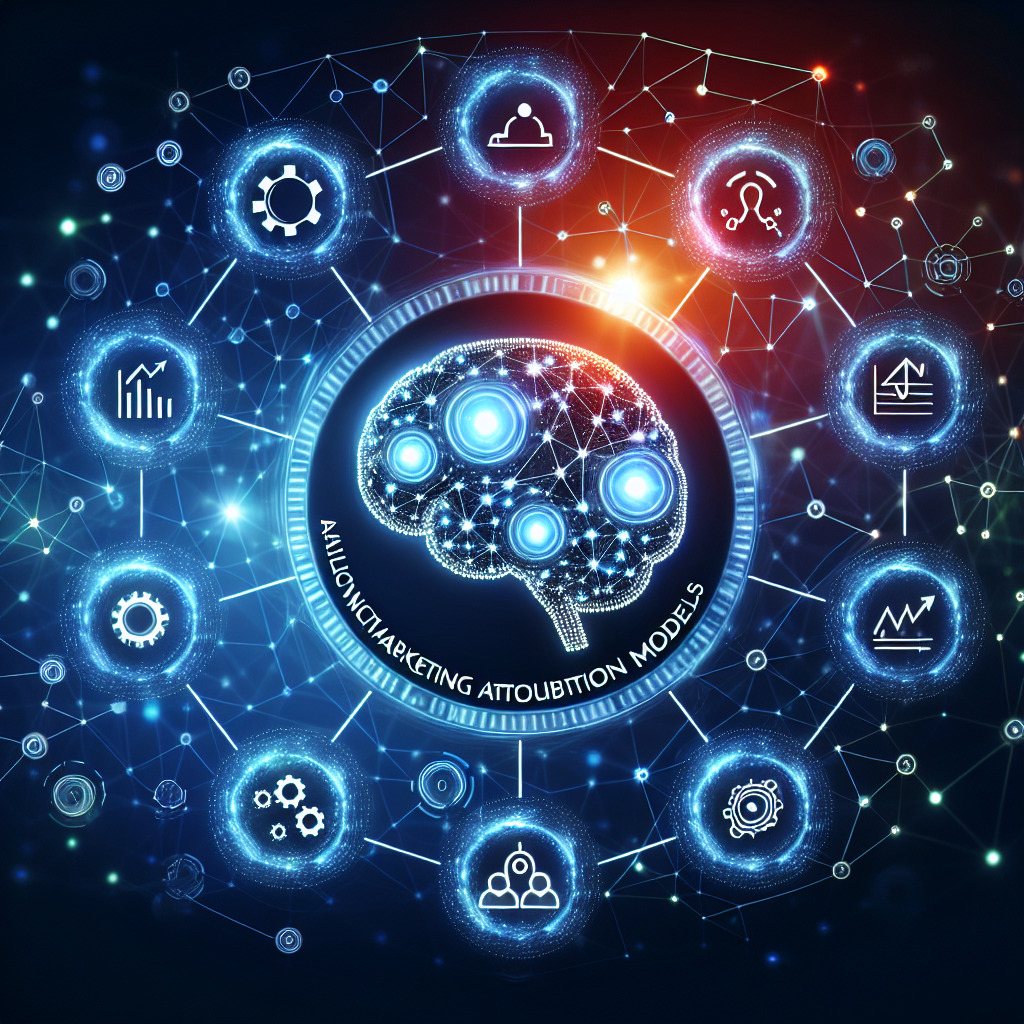In recent years, artificial intelligence (AI) has had a significant impact on the field of marketing, particularly in the area of marketing attribution. Marketing attribution is the process of determining which marketing channels are driving conversions and sales, and how much credit each channel should receive for those conversions. AI technologies, such as machine learning and predictive analytics, have revolutionized the way marketers approach attribution modeling, allowing for more accurate and sophisticated analyses than ever before.
One of the key ways in which AI has transformed marketing attribution models is through its ability to process and analyze vast amounts of data in real time. Traditional attribution models often rely on simplistic rules or heuristics to assign credit to different touchpoints along the customer journey, such as last-click or first-click attribution. However, these models often fail to capture the complex interactions between different marketing channels and customer behaviors, leading to inaccurate or incomplete insights.
AI-powered attribution models, on the other hand, can take into account a wide range of factors and signals to determine the true impact of each touchpoint on the customer journey. By analyzing large datasets and using advanced algorithms, AI can identify patterns and trends that would be impossible for humans to detect, leading to more accurate and holistic attribution models.
Another key benefit of AI in marketing attribution is its ability to adapt and learn over time. Traditional attribution models are often static and rigid, making it difficult to account for changes in consumer behavior or market dynamics. AI, on the other hand, can continuously learn from new data and adjust its models accordingly, ensuring that marketers always have the most up-to-date and relevant insights.
AI-powered attribution models can also help marketers optimize their marketing campaigns by identifying which channels are most effective at driving conversions and which are underperforming. By understanding the true impact of each touchpoint on the customer journey, marketers can allocate their resources more effectively and focus on the channels that are delivering the best results.
However, while AI has the potential to revolutionize marketing attribution, there are also challenges and considerations that marketers need to be aware of. For example, AI-powered attribution models require large amounts of data to be effective, which can be a barrier for smaller companies with limited resources. Additionally, AI algorithms can be complex and opaque, making it difficult for marketers to understand how decisions are being made and interpret the results.
Despite these challenges, the benefits of AI in marketing attribution far outweigh the drawbacks. By harnessing the power of AI, marketers can gain a deeper understanding of their customers’ journey, optimize their campaigns more effectively, and drive better business outcomes.
FAQs:
Q: What is marketing attribution?
A: Marketing attribution is the process of determining which marketing channels are driving conversions and sales, and how much credit each channel should receive for those conversions. It helps marketers understand the impact of their marketing efforts and allocate resources more effectively.
Q: How has AI impacted marketing attribution models?
A: AI has revolutionized marketing attribution by enabling more accurate and sophisticated analyses of customer behavior and marketing effectiveness. AI-powered models can process large amounts of data in real-time, identify complex patterns and trends, and adapt and learn over time.
Q: What are the benefits of AI in marketing attribution?
A: AI-powered attribution models can provide more accurate and holistic insights into the customer journey, help marketers optimize their campaigns more effectively, and identify underperforming channels. AI can also adapt and learn over time, ensuring that marketers always have the most up-to-date insights.
Q: What are the challenges of using AI in marketing attribution?
A: AI-powered attribution models require large amounts of data to be effective, which can be a barrier for smaller companies with limited resources. Additionally, AI algorithms can be complex and opaque, making it difficult for marketers to understand how decisions are being made.
Q: How can marketers leverage AI in marketing attribution?
A: Marketers can leverage AI in marketing attribution by investing in AI-powered tools and platforms that can process and analyze large amounts of data, identify patterns and trends, and provide actionable insights. It’s also important for marketers to continuously monitor and optimize their AI models to ensure they are delivering accurate and relevant results.

